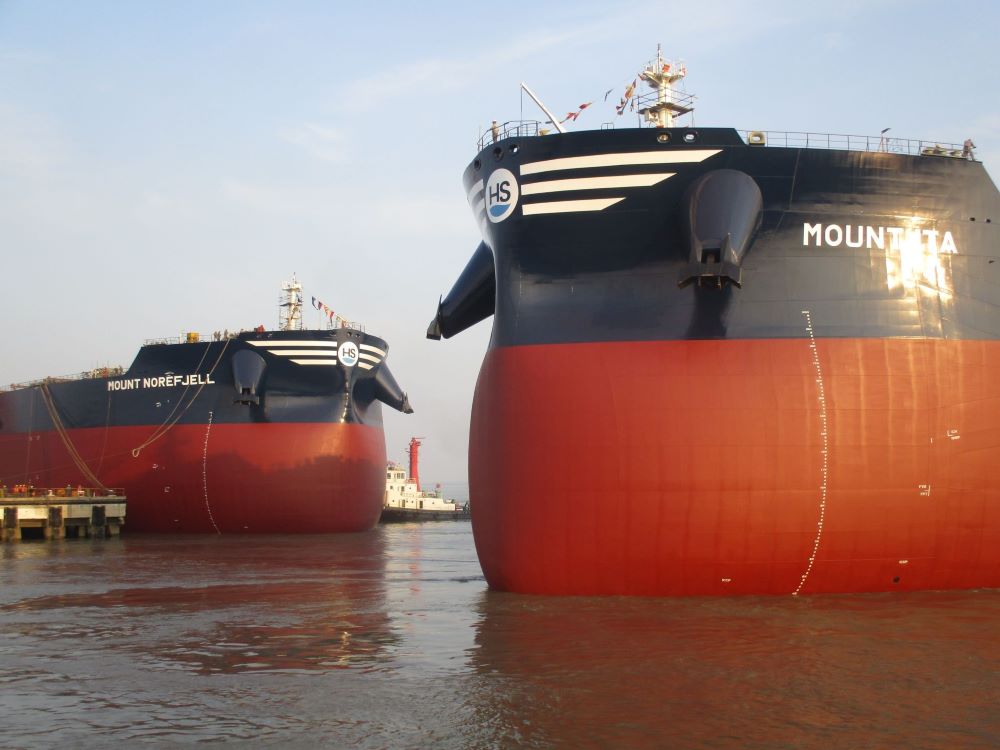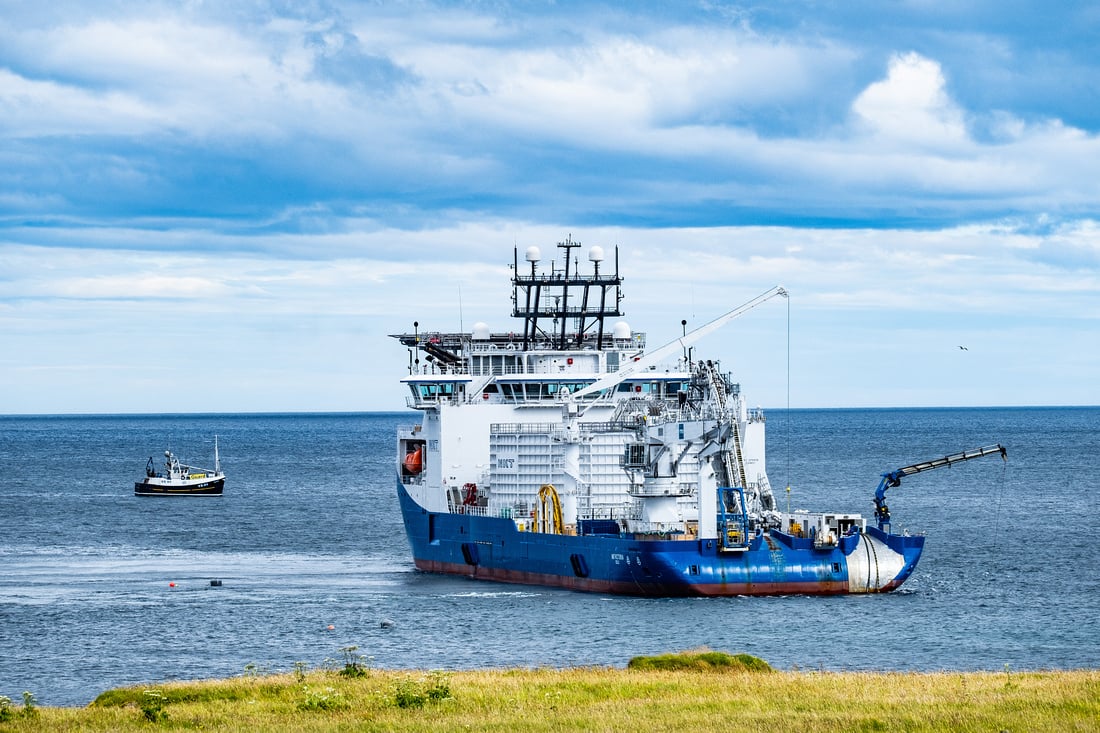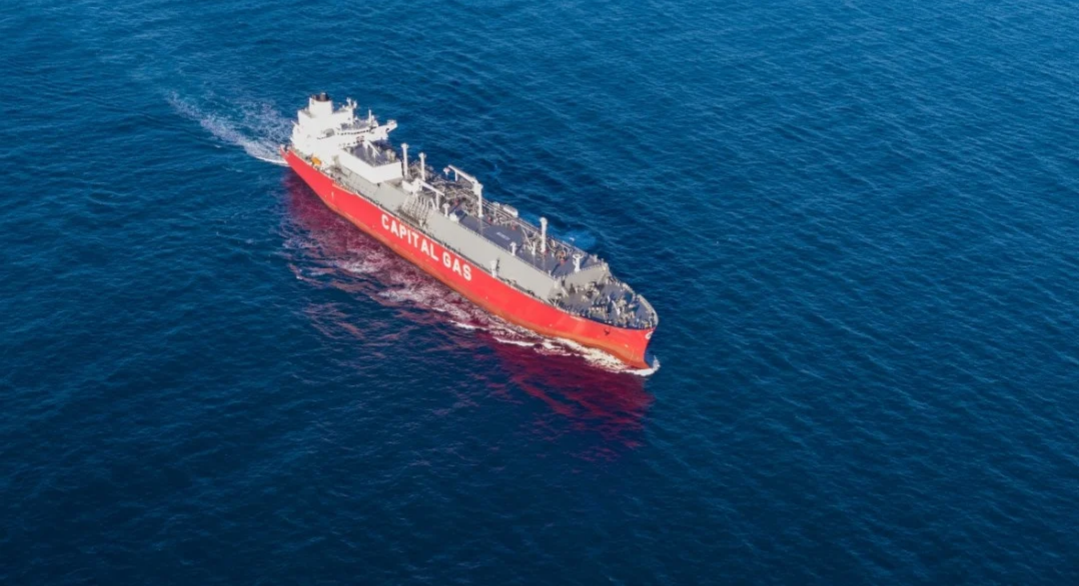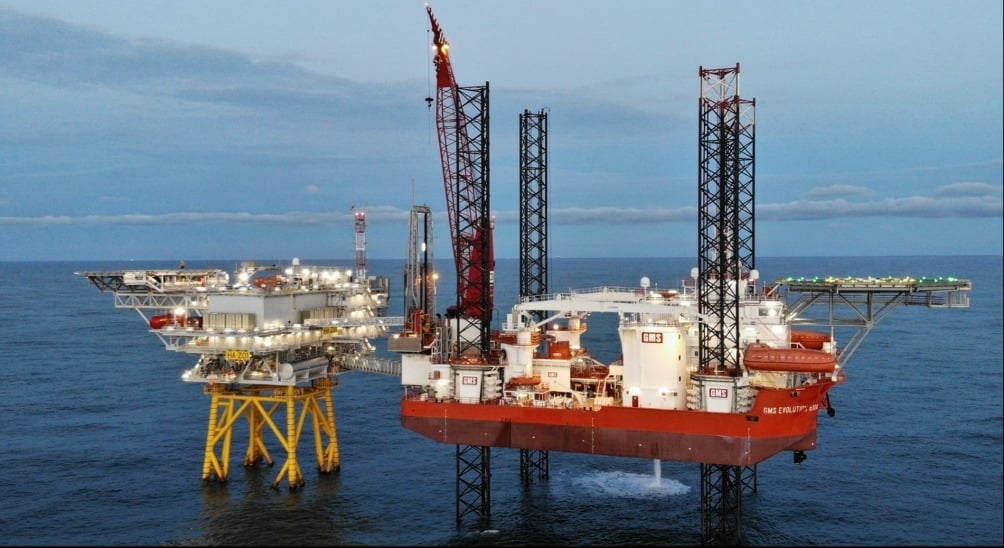Uni-Tankers 和 KPI OceanConnect 完成生物燃料试验
作者: 发布时间:2023年09月20日 浏览量:767 字体大小: A+ A-
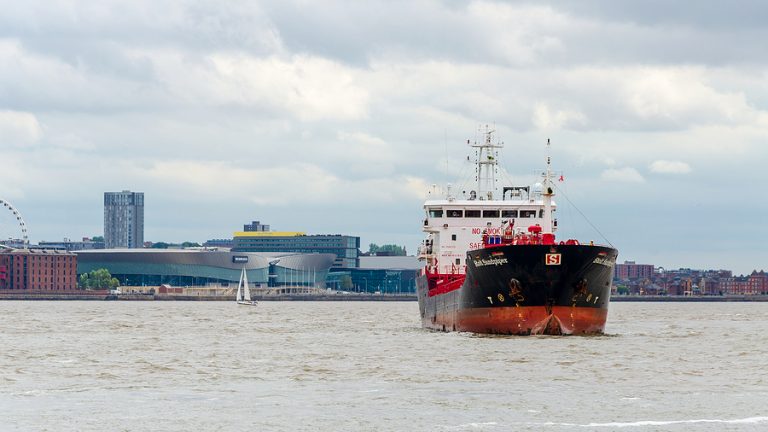
图片来自网络,版权属于原作者
丹麦油轮航运公司 Uni-Tankers 和海洋能源解决方案提供商 KPI OceanConnect 在 Uni-Tankers 的化学品油轮上完成了 B30 生物燃料混合燃料的试验。
据悉,试验是在阿姆斯特丹 Uni-Tankers 的 5,700 载重吨化学品油轮 M/T Alsia Swan 上进行的。
KPI OceanConnect 公司安排供应了 34,000 升含 30% 混合脂肪酸甲酯(FAME)的生物级燃料。燃料供应是为期两天的试验的一部分,试验中测量了生物燃料的排放量,并与相同条件下的 LSMGO 排放量进行了比较。
KPI OceanConnect 的当地团队负责监督调配过程,确保燃料符合精确的规格,并在交货时确保为 M/T Alsia Swan 试验提供的特殊调配产品的质量。
在整个试验过程中,对四种不同负荷进行了测试,以评估生物燃料混合的可靠性和性能。
在对 B30 生物燃料进行试验的同时,Uni-Tankers 还对同等质量的 LSMGO 燃料进行了相同的操作,以便准确比较 B30 生物燃料的性能。试验的取样和分析工作由 FORCE Technology 公司的团队完成。
试验结果表明,Uni-Tankers 将 LSMGO 燃料改为 B30 燃料后,颗粒物(PM)排放量减少了 42%。据合作伙伴称,一氧化碳(CO)排放量也减少了 18%。
通过混合使用 30% 的生物燃料和 70% 的化石 MGO,M/T Alsia Swan 可以将生命周期内的二氧化碳排放量减少同等数量。合作伙伴强调说,在温室气体排放监管不断收紧的未来,这将是船东为保持合规性和支持去碳化所能采取的重要临时措施。
KPI OceanConnect 新燃料和碳市场全球主管 Jesper Sørensen 评论说:"我们很高兴能与 Uni-Tankers 团队合作开展这个项目,为他们在阿姆斯特丹的船只提供高级生物燃料。通过分享我们的知识和提供燃料战略方面的专家指导,包括寻找合适的生物燃料混合比例以满足船舶运营商的特定需求,我们的目标是与客户建立合作伙伴关系,支持他们在航运能源转型中取得长期成功。“
联合油轮公司战略主管丽莎-克莱门特-詹森(Lisa Clement Jensen)表示:"我们很高兴能与 KPI OceanConnect 合作,在 M/T Alsia Swan 上进行生物燃料试验。脱碳是我们战略议程中的首要任务,我们的目标是为航运业的气候适应性发展做出贡献。这些试验使我们能够评估生物燃料的潜力和可行性,作为我们正在进行的去碳化工作的一部分。”
试验是了解生物燃料排放性能和验证其帮助减少碳排放潜力的重要一步。
值得提醒的是,Uni-Tankers 最近宣布其船队新增五艘船舶。船队扩充包括四艘新造船的长期交易和一艘将于2022年建造的名为M/T Sedat Basak的ECO小型清洁化学品/产品油轮。
(本文版权归国际海事信息网所有,图片版权归原作者,转载请注明出处。)
Uni-Tankers, KPI OceanConnect complete biofuel trial
Denmark’s tanker shipping company Uni-Tankers and marine energy solutions provider KPI OceanConnect have completed the trial of the B30 biofuel blend onboard Uni-Tankers chemical tanker.
As informed, the trial took place in Amsterdam on board Uni-Tankers’ 5,700 DWT chemical tanker M/T Alsia Swan.
KPI OceanConnect arranged for the supply of 34,000 litres of bio grade fuel containing a 30% blend of FAME (fatty acid methyl esters). The fuel supply was part of a two-day trial, which saw emissions for the biofuel measured and compared with emissions for LSMGO under the same conditions.
KPI OceanConnect’s local team oversaw the blending process to ensure the fuel met precise specifications and was on hand for the delivery to ensure the specially blended product supplied for the M/T Alsia Swan trials was good quality.
Throughout the trial, tests were carried out at four different loads to assess the reliability and performance of the bio-fuel blend.
Alongside trials of the B30 biofuel, Uni-Tankers ran identical operations for an LSMGO fuel of equal quality, allowing accurate comparisons of the B30 biofuel performance. Sampling and analysis for the trial was performed by a team from FORCE Technology.
In the results from the trial, Uni-Tankers saw particulate matter (PM) emissions reduced by as much as 42% when fuel supply was switched from LSMGO fuel to B30. Carbon monoxide (CO) emissions were also reduced by 18%, according to the partners.
By using a blend of 30% biofuel and 70% fossil MGO, M/T Alsia Swan can cut lifecycle emissions of CO2 by an equivalent amount. In a future of tightening regulation of greenhouse gas emissions, this will be an important interim step ship owners can take to maintain compliance and support decarbonisation, the partners highlighted.
“We are very pleased to be partnering with the Uni-Tankers team on this project to deliver high-grade biofuel for their vessel in Amsterdam. By sharing our knowledge and providing expert guidance on fuel strategies, including finding the right biofuel blend ratio to meet the specific needs of vessel operators, we aim to build partnerships with our clients that support their long-term success through the energy transition in shipping,” Jesper Sørensen, Global Head of New Fuels and Carbon Markets, KPI OceanConnect, commented.
“The need to cut emissions is one of the most urgent matters in the shipping industry and we are very pleased to be working with KPI OceanConnect for the biofuel trials on the M/T Alsia Swan. Decarbonization is at the top our strategic agenda and we aim to contribute to a climate-resilient development of the shipping industry. These trials enable us to assess the potential and viability of biofuels as part of our ongoing decarbonization efforts,” Lisa Clement Jensen, Head of Strategy at Uni-Tankers, stated.
The trials are an important step for understanding the emissions performance of biofuel and validating its potential to help cut carbon emissions.
To remind, Uni-Tankers has recently unveiled that it has added five new vessels to its fleet. The fleet expansion includes long-term deals for four newbuilding vessels and one ECO small clean chemical/product tanker built in 2022, named M/T Sedat Basak.
来源:simic



